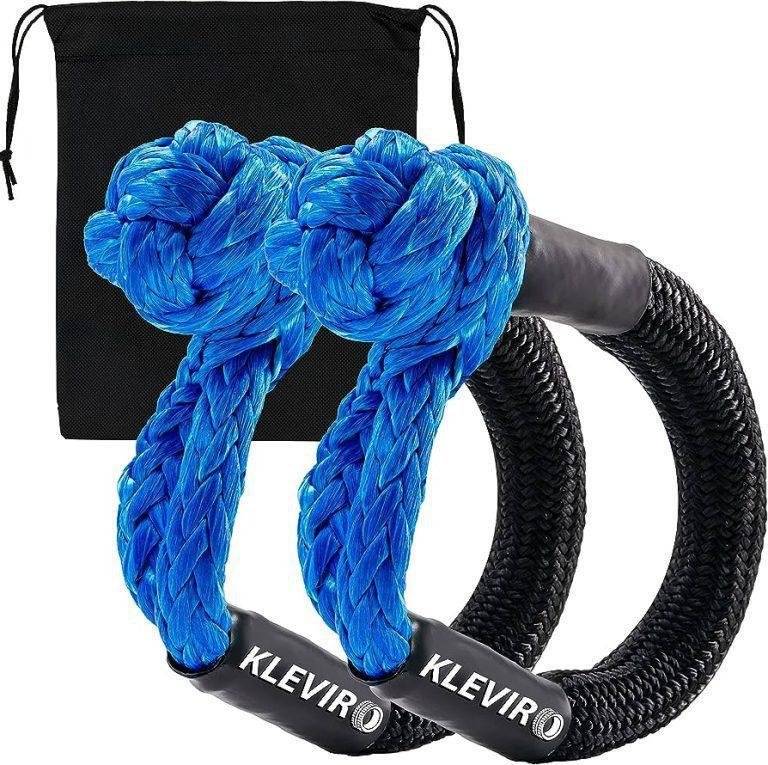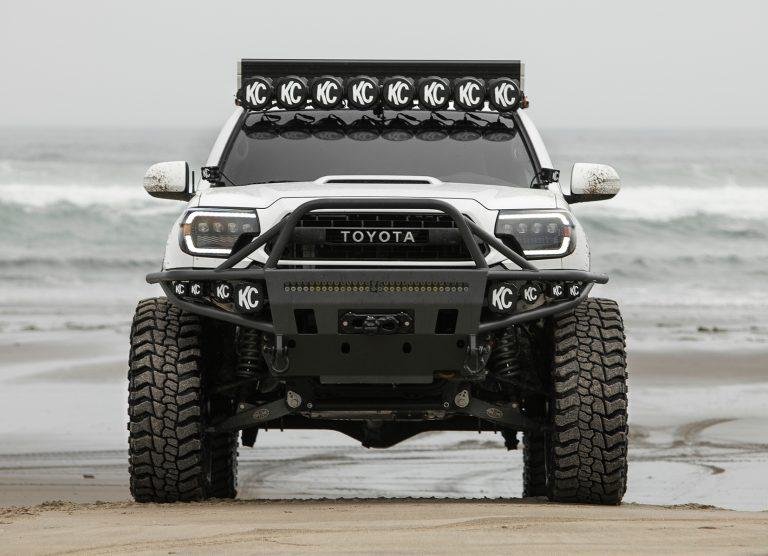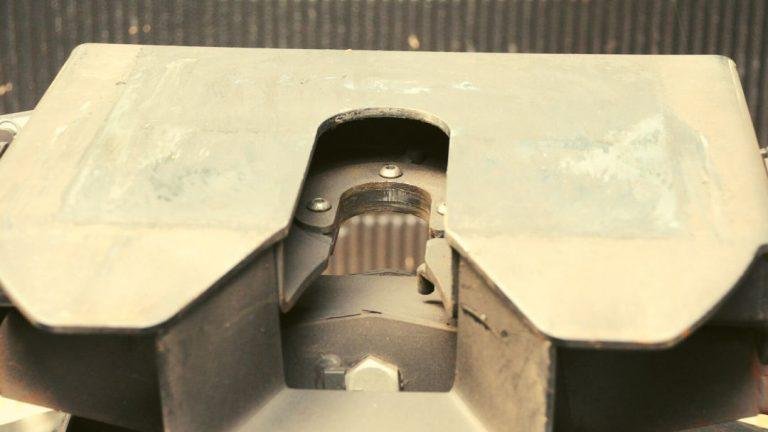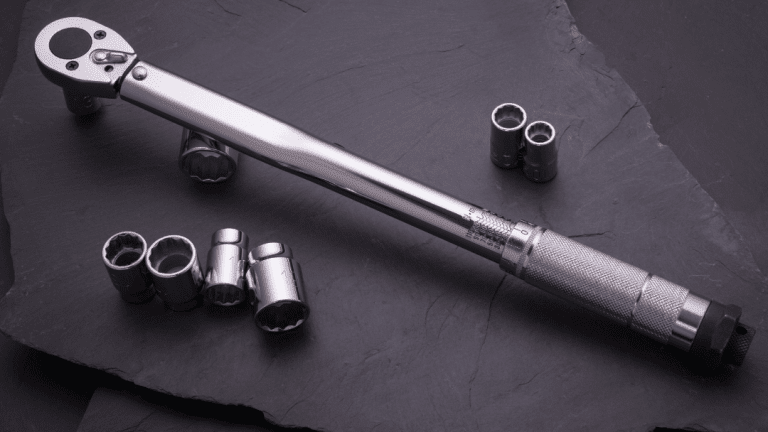We’ve all seen it in movies and television shows – a car hitched to another car, trailing along behind it like a devoted pet. But can you really hitch a car to another in real life? If so, what are the legal implications? Is it safe? Are there better alternatives? This blog post aims to answer all these questions and more, providing you with a comprehensive guide to the ins and outs of hitching a car to another car.
The Concept of Hitching a Car to Another
First, let’s clarify what we mean by “hitching a car to another car”. In this context, hitching refers to attaching one car to another in order for the first car to pull the second one. This is often done in cases of a breakdown or a vehicle malfunction where the car cannot move on its own power. There may be other instances too, like pulling a car out of mud or snow, or when one wants to transport a car without adding mileage to it.
Is It Legal to Hitch a Car to Another Car?
The first and most important question to address is the legality of hitching a car to another car. The laws around this practice vary greatly from one jurisdiction to another, so it’s crucial to check the local regulations in your area before you consider this option.
In some places, it is entirely legal to tow another vehicle using your own car, provided certain conditions are met – like using proper towing equipment and not exceeding specific speed limits. On the contrary, other jurisdictions prohibit private towing altogether, leaving it to professionals.
It’s important to note that towing another car incorrectly or in defiance of local laws can lead to serious consequences. Penalties can range from fines to suspension of your driving license, and in case of an accident, you could face legal liabilities. Always abide by the laws in your location.
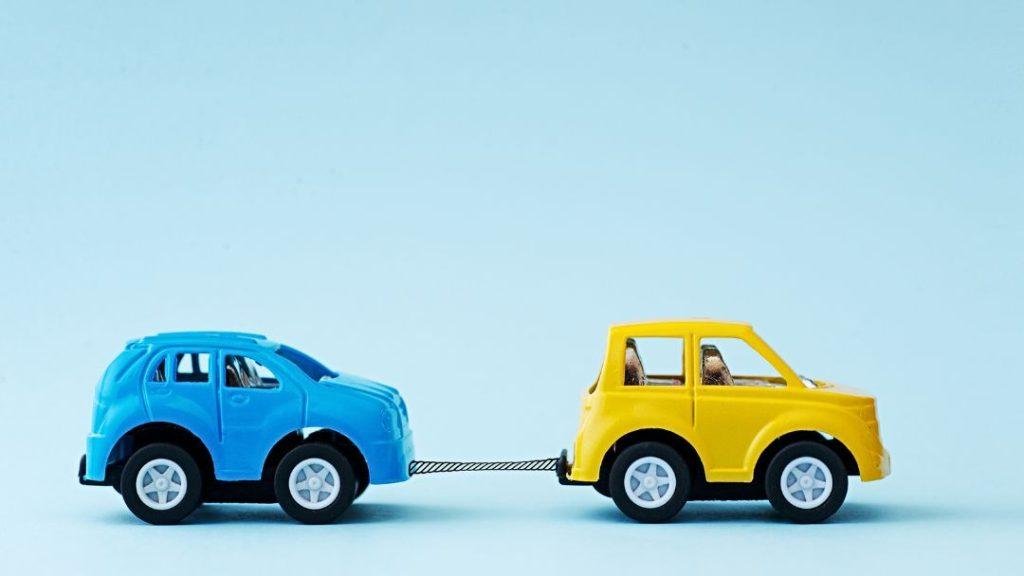
Safety Concerns and Considerations When Hitching a Car to Another Car
Even if it is legal to hitch a car to another in your area, safety should always be your paramount concern. The practice poses a host of safety risks, including potential damage to both vehicles, loss of control leading to accidents, and risk of injury to drivers, passengers, and others on the road.
If you absolutely must hitch a car to another, make sure to follow certain safety guidelines:
- Proper Equipment: Always use appropriate towing equipment, such as tow straps, chains, or bars. Do not use makeshift items that may not be able to handle the weight and force involved in towing.
- Communication: Ensure that both drivers can communicate effectively, either by phone or through a series of agreed-upon signals.
- Speed and Distance: Keep the speed slow, and maintain a safe distance between the cars to allow for braking time.
- Visibility: The towed car should have a clearly visible sign indicating that it’s being towed. Also, ensure the brake lights of the towing car are functional and visible to other drivers.
Alternatives to Hitching a Car to Another Car
Given the potential legal and safety issues associated with hitching a car to another, it is advisable to consider safer alternatives. Here are two key options:
Professional Towing Services
Professional towing services are your best bet if you need to move a car that isn’t functioning. They are equipped with specialized vehicles designed for safe and legal towing. They also have trained professionals who understand the intricacies of towing different types of vehicles under various conditions.
Car Carriers and Trailers
If you frequently need to transport cars – for instance, if you’re a car collector or participate in car shows – it might be worth investing in a car carrier or a trailer. These are specially designed to transport vehicles safely and legally. You can also rent these from various services.
Conclusion
The practice of hitching a car to another car isn’t as straightforward as it might seem. While it may appear to be a quick solution to a breakdown, the potential legal and safety implications make it a risky option. Always check your local laws before deciding to tow another car yourself.
Remember, safety should always be the priority, even in a situation where a vehicle needs to be moved urgently. Professional towing services and car carriers/trailers present safer, legal alternatives.
Stay safe on the roads, and remember, when in doubt, it’s always better to call in the professionals.

